Letter from martyr - journalist Le Viet The to his relatives. Photo: Tang Thuy
The war has been over for more than half a century, and the old traces have faded with time. Now, in the memory of Mr. Le Viet Hung - the third son of journalist and martyr Le Viet The, what he remembers about his father is "a vague space". It is understandable, because his childhood seemed to have only his mother, his father was rarely at home. In 1972, journalist Le Viet The returned to visit his family. That was the rare time Mr. Hung got to see his father. When he left, his father told his family that he was on a business trip and did not dare to reveal that he volunteered to go to the fiercest battlefield at that time.
That morning, his mother, Vu Thi Nen, boiled a large pot of potatoes. While eating, his father told his four children to be obedient and listen to their mother. This time, he would probably be away for a long time before returning. In times of turmoil, such trips happened frequently in military families. Therefore, Hung's mother and four brothers lived as usual. "We stood waiting for the bus on the street, my father hugged us and said goodbye. I was so busy playing that I didn't notice. I didn't expect that farewell would be the last time I saw my father. Because only a few months later, the family received news that my father had died while on duty," Mr. Hung emotionally said.
More than 50 years have passed, the greatest wish of Mr. Hung and his family is to welcome his father back to his homeland, but the more they search, the more hopeless it becomes. Because journalists who go to war will follow the fighting units, when they die, almost no one knows, and no one makes a list. Therefore, most of them do not have a tombstone, their remains cannot be found and many are forgotten. Mr. Hung had to console his mother that his father has transformed into the land of the country.
Portrait of martyr - journalist Le Viet The. Photo: Tang Thuy
Going to Hanoi , we looked through the files of the People's Army Cinema. In 1966 and 1967, when the Southern Liberation Army simultaneously attacked the fronts of the Central Highlands, Southeast, Zone 5 and northern Quang Tri, more than half of the reporters and directors of the People's Army Cinema were ordered to go to B. Mr. Le Viet The was assigned to Military Zone 5 to make films in the Central and Central Highlands battlefields. Overcoming many dangers of fierce bombs and bullets, along with shortages, difficulties, illness and disease, after the Quang Ngai battlefield, he went back to the dangerous forests of the Central Highlands to make films. The footage he shot during his days of assignment in Military Region 5 contributed to the creation of documentaries: "Notes on the Quang Ngai Plain", "Special News of the Central Highlands", "Kham Duc Victory", "The Tri Thien Army and People Attack and Uprising"... full of heroic qualities, promptly encouraging the fighting spirit of our army and people on the Central Highlands battlefield in the years 1966-1970.
In the spring of 1972, receiving instructions from the General Department of Politics , the film crew of Mr. Le Viet The and Nguyen Nhu Dung was assigned to follow the 325th Division to participate in the campaign to liberate Quang Tri province - a place where enemy bombs and bullets plowed up until not a single brick was left intact during the resistance war against the US. Just counting the strip of land, the intestines of the Central region from Duc Pho (Quang Ngai) to Dong Ha (Quang Tri), during the years of the liberation war, it was soaked with the blood and bones of 15 martyred journalists. As a brave and courageous cameraman, during the battles, Mr. The always followed the main battle lines to record images. During a fierce battle between us and the enemy, he and his teammates sacrificed themselves on the tank turret of Brigade 203 while advancing to liberate Hai Lang sub-region.
More than 50 years have passed, but every time he misses his father, Mr. Hung lights incense on the altar and whispers to the portrait as if he were still present.
The reason why war journalists often choose anti-aircraft artillery sites to work is because this place has the advantage of location to record realistic images. However, the battlefield is always the target of bombs and bullets from enemy planes. Those who enter here all determine the danger to their lives. After his death, the People's Army Cinema handed over his personal belongings to his family, including a letter to his old mother and wife and children with the advice: "If I die in this campaign, consider it as having completed my duty to the Fatherland."
36 years of life, although short, but that is the time that journalist - martyr Le Viet The lived, wrote and fought with boundless love for the Fatherland. Please light a stick of incense to remember the martyr journalists who became white clouds in the cause of building and protecting this great Fatherland.
Tang Thuy
Source: https://baothanhhoa.vn/ky-niem-100-nam-ngay-bao-chi-cach-mang-viet-nam-21-6-1925-21-6-2025-nbsp-neu-co-hy-sinh-coi-nhu-toi-nbsp-da-hoan-thanh-nhiem-vu-voi-to-quoc-252338.htm


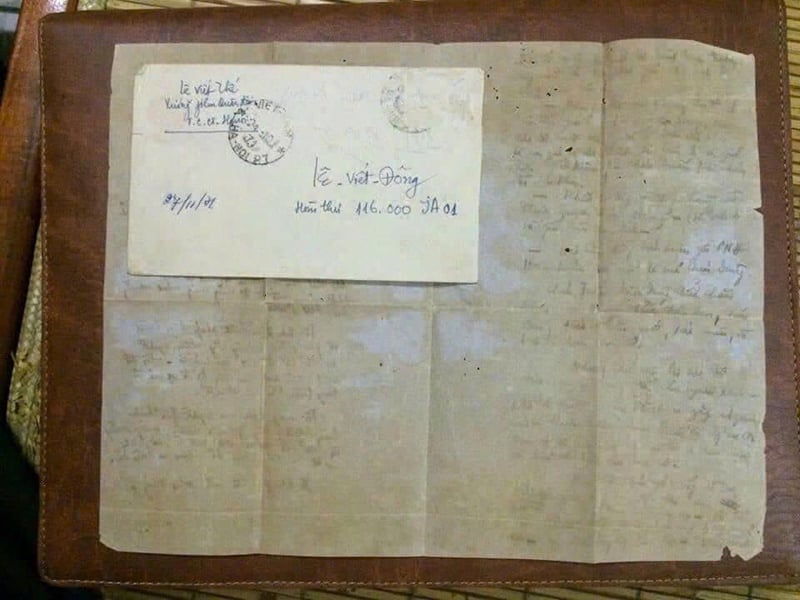
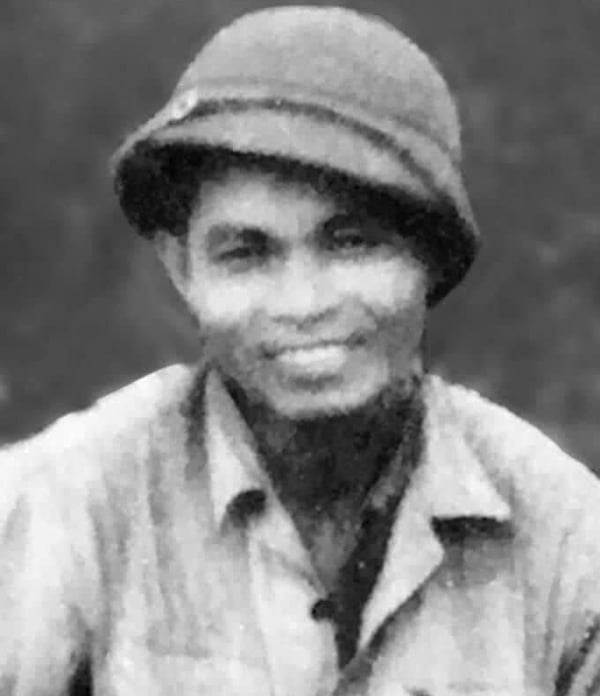
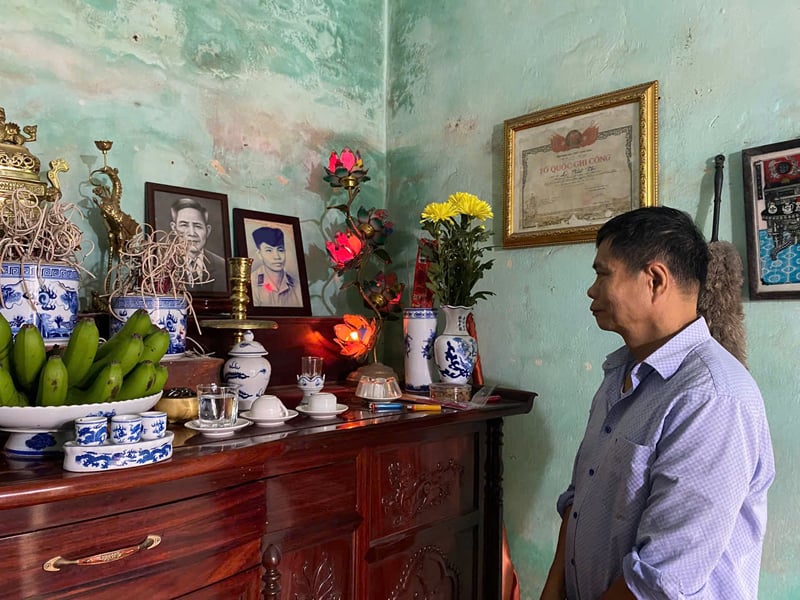
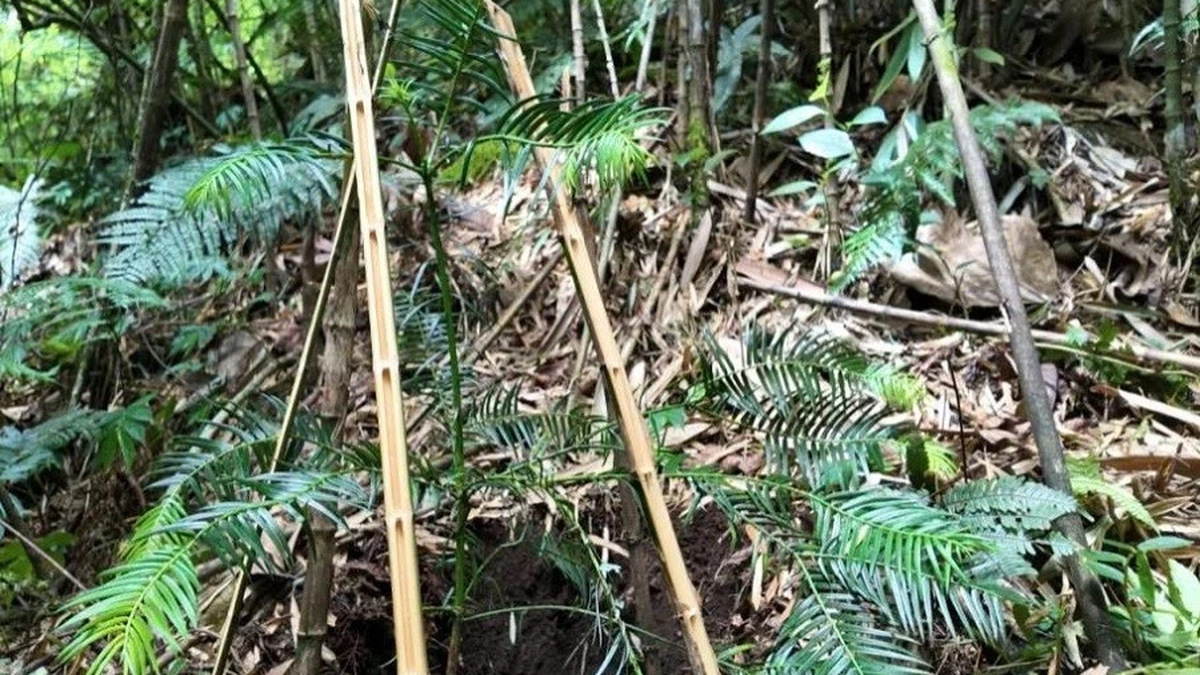
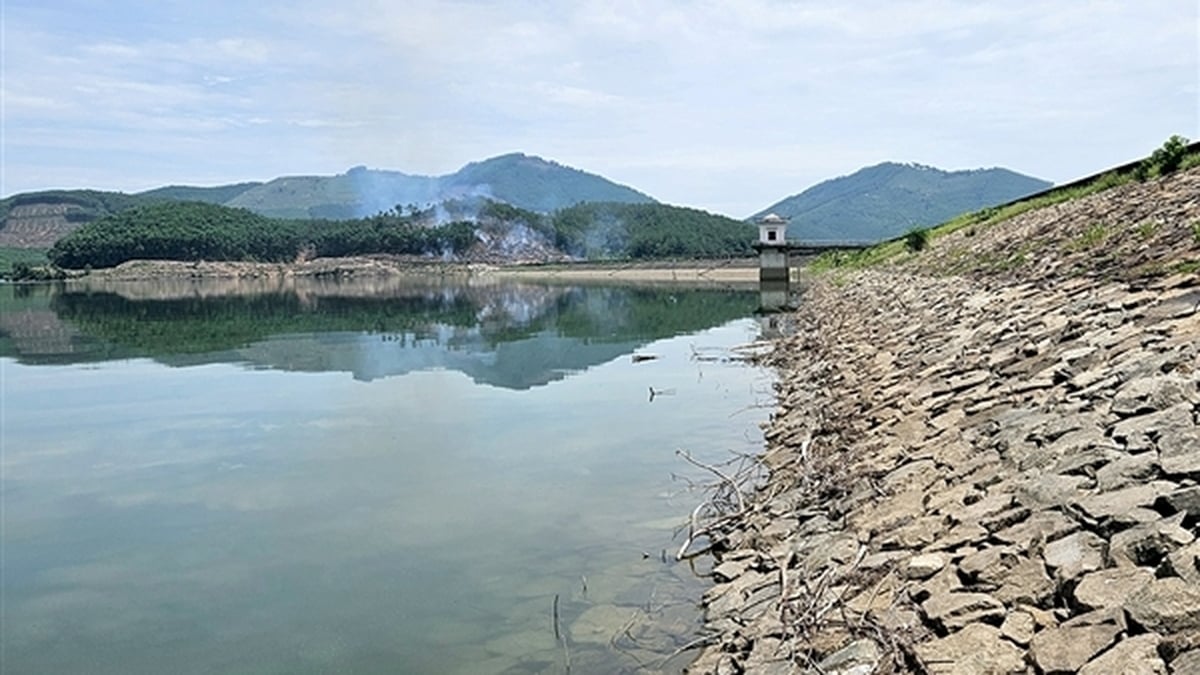
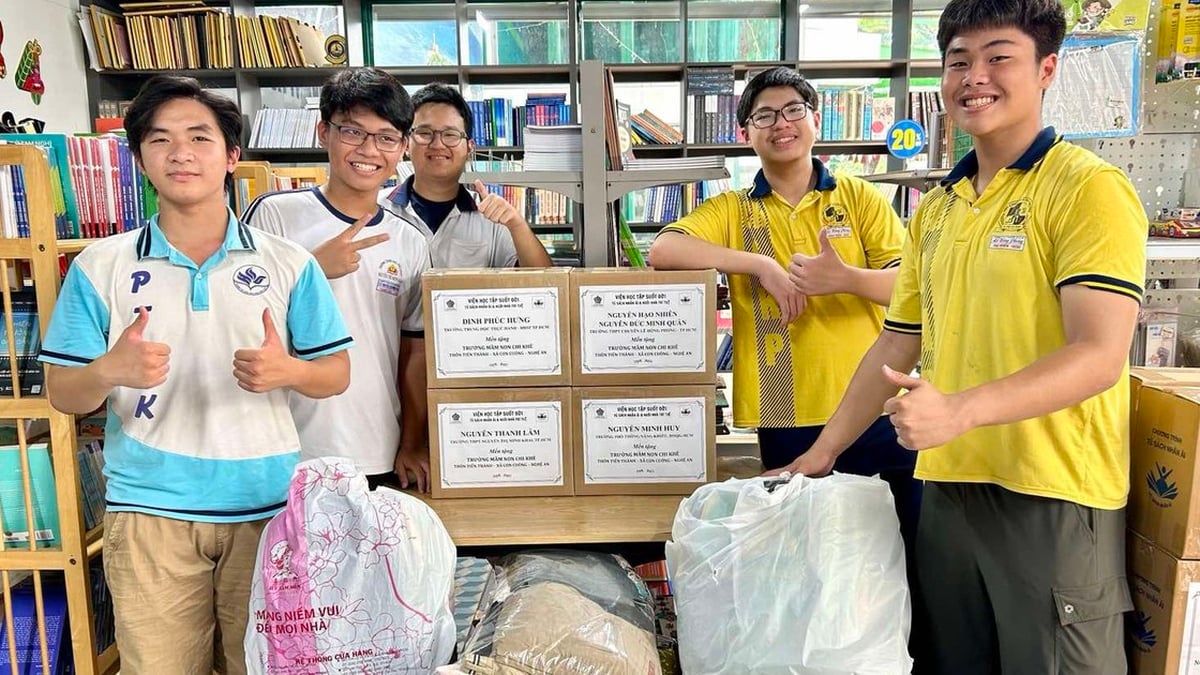
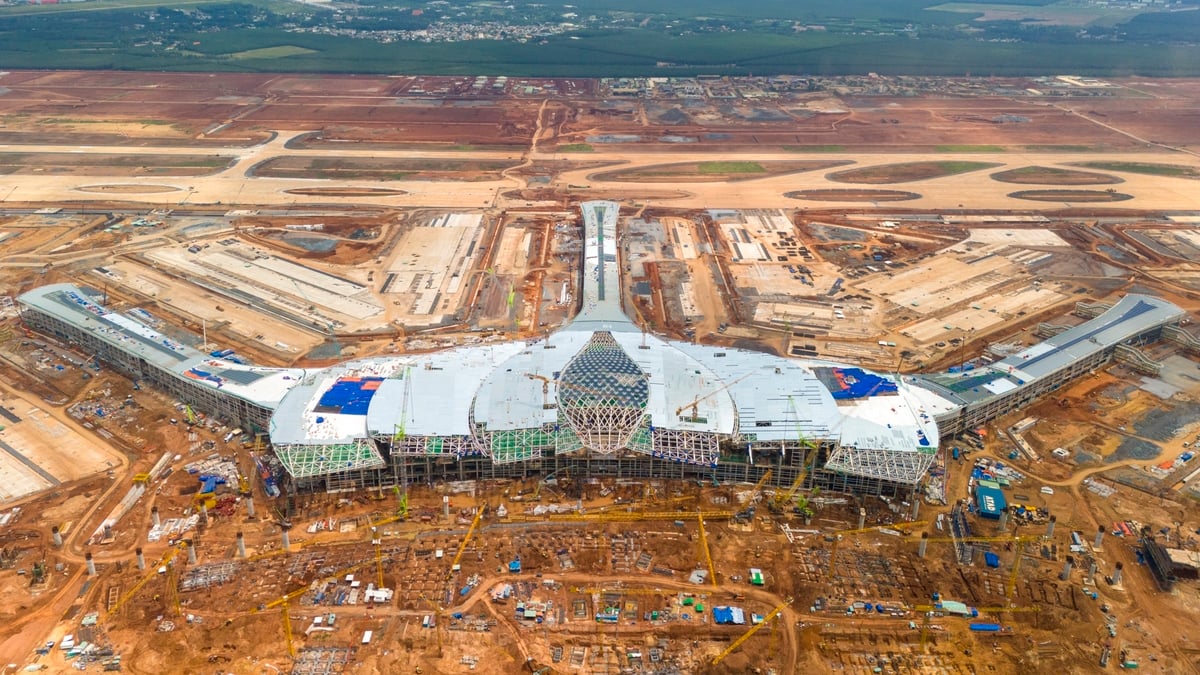
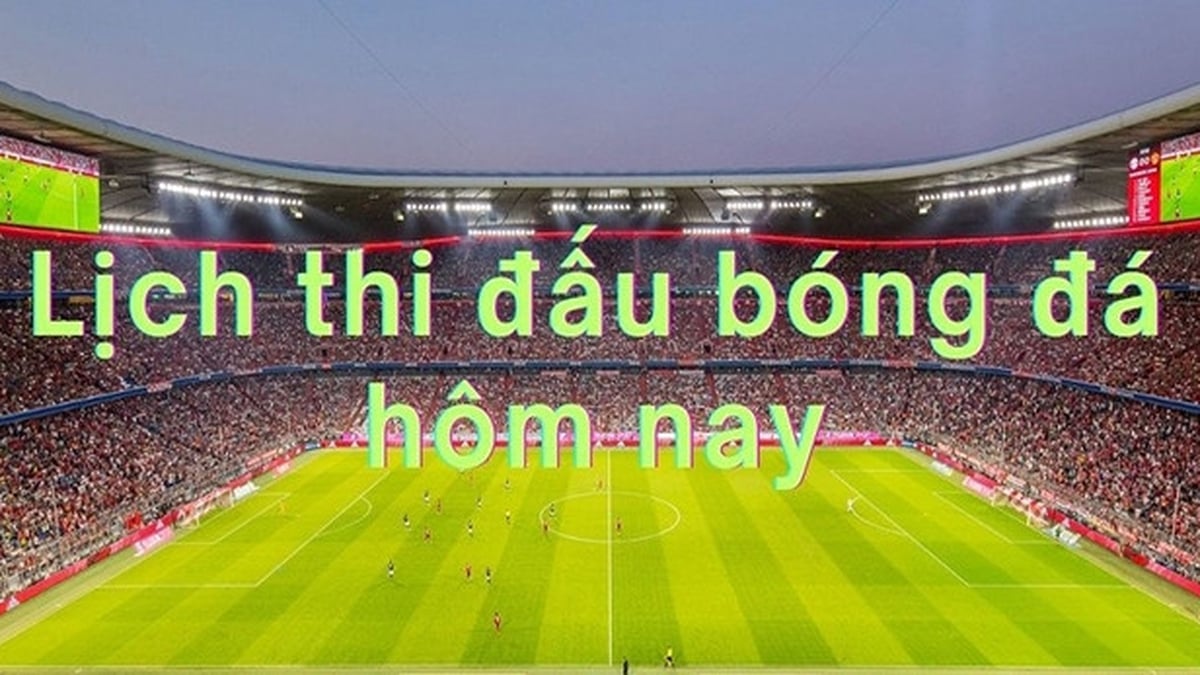
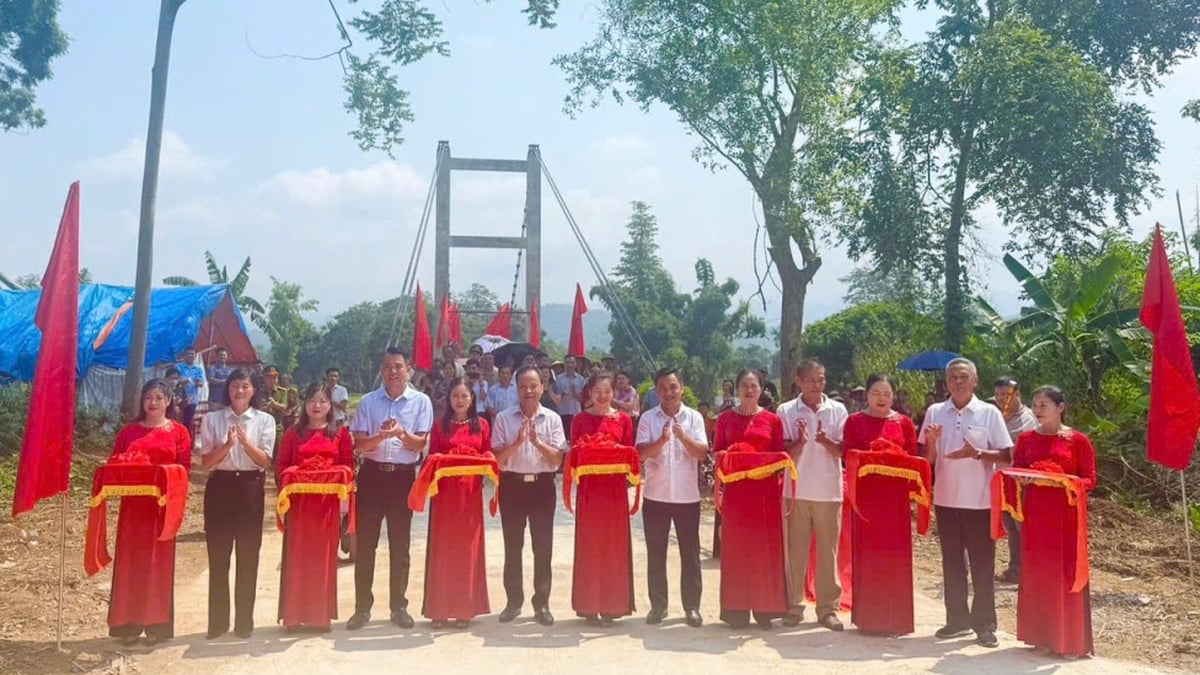
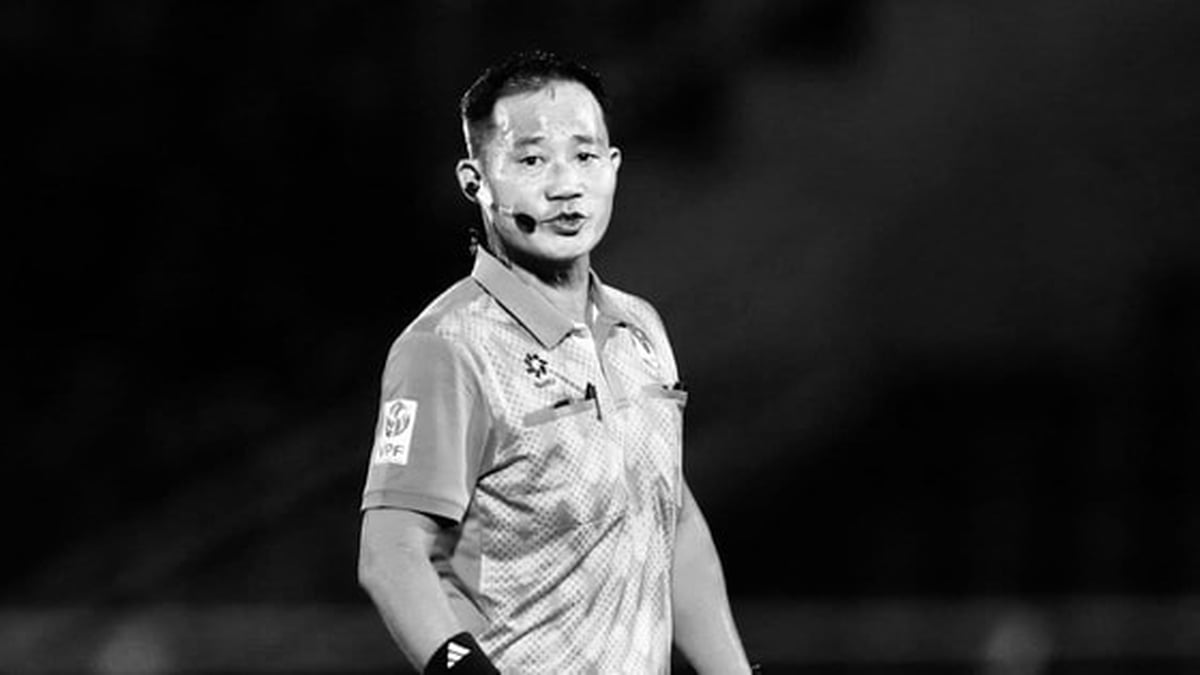
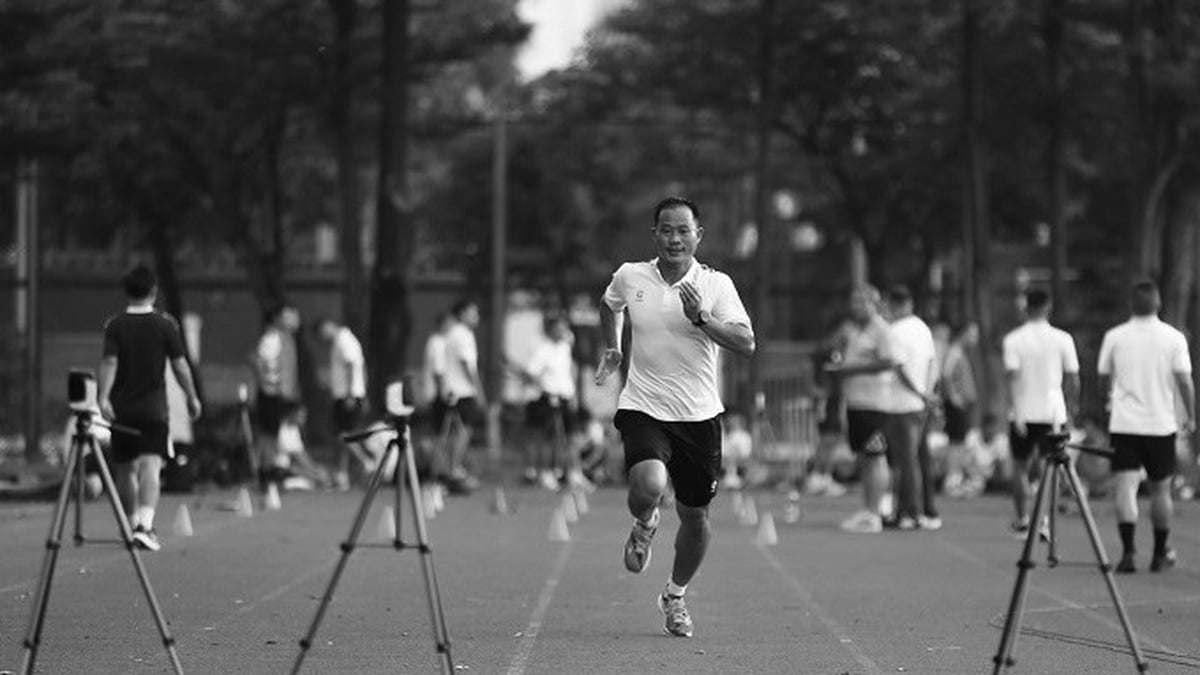
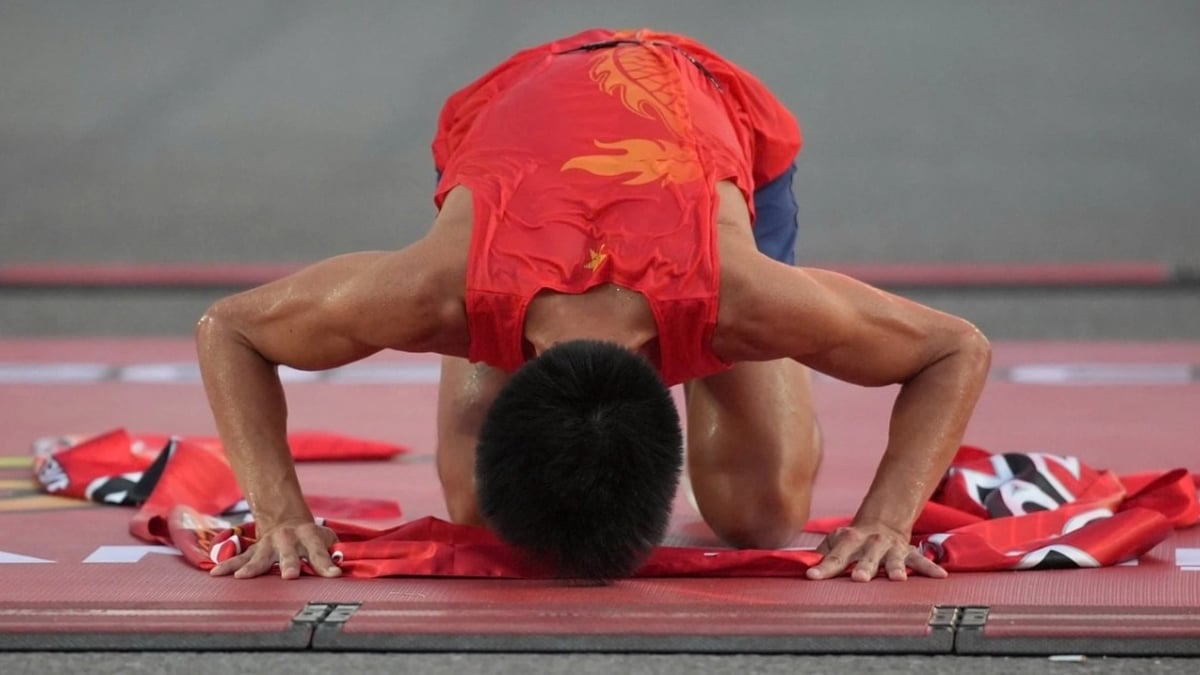












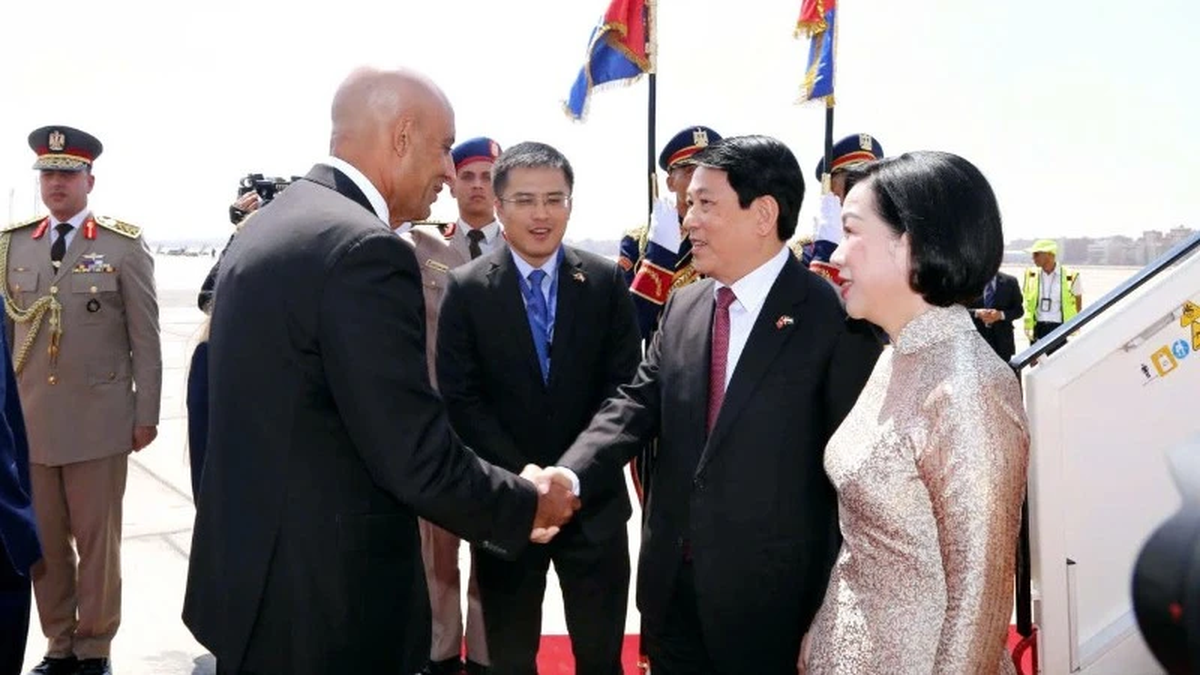














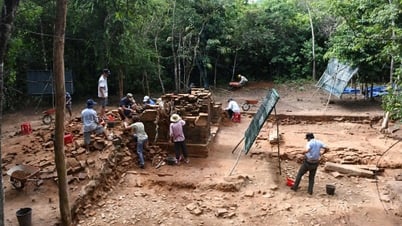














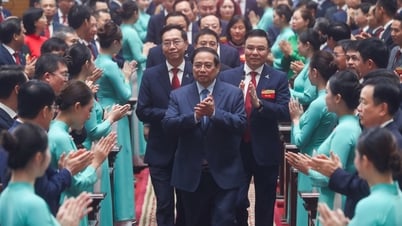








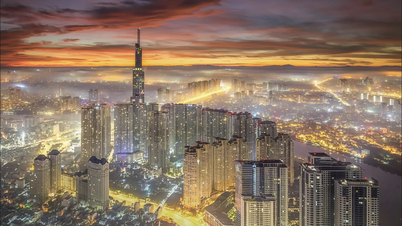

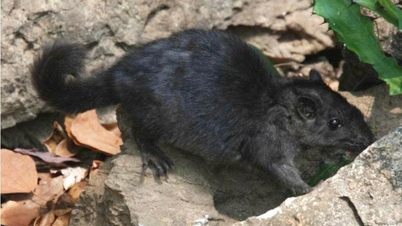
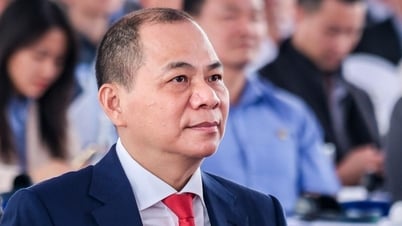
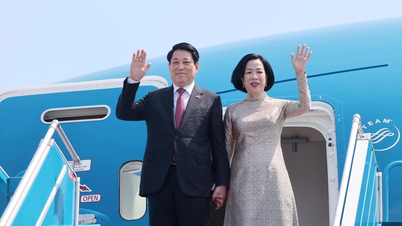
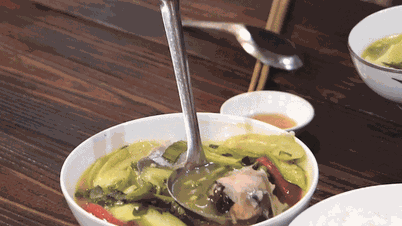
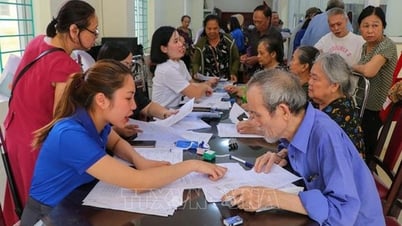

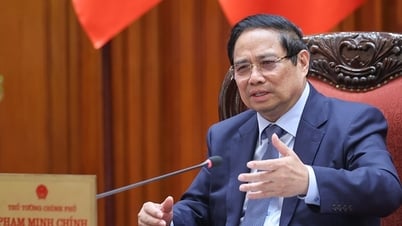

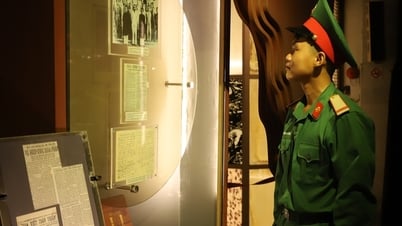
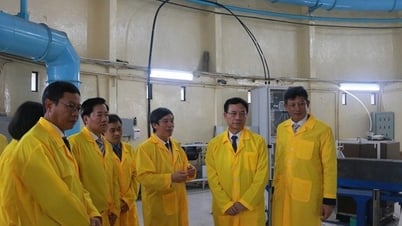


























Comment (0)